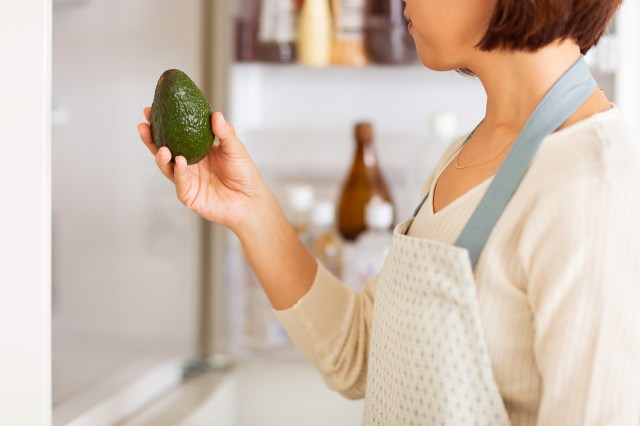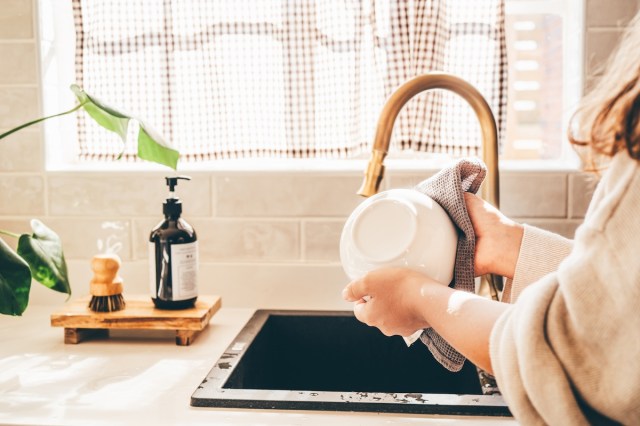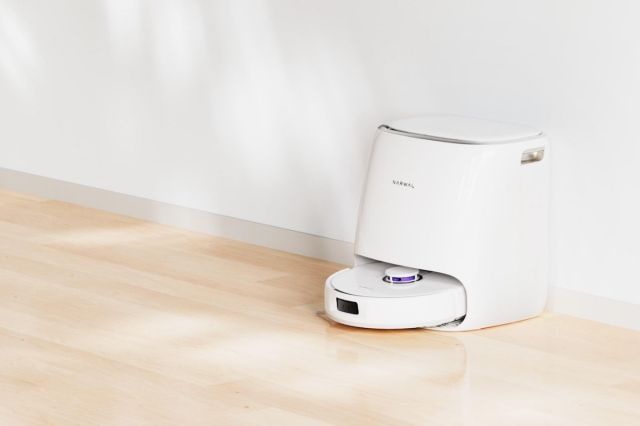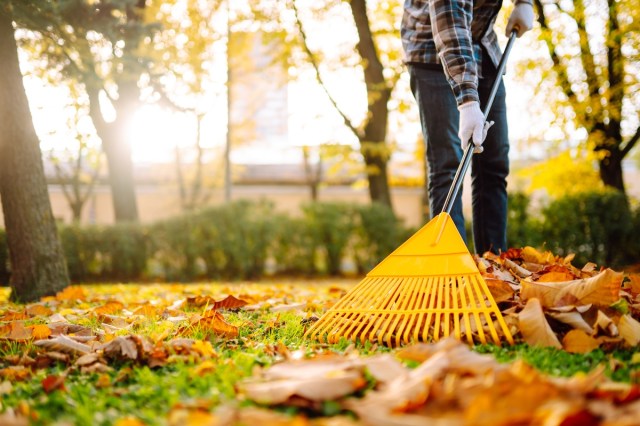Avocados are notoriously tricky when it comes to catching them at peak ripeness. They commonly feel rock hard at the grocery store, only to become mushy after a few days on the kitchen counter. Purchasing avocados three to four days before you plan on using them is the safest bet at having guacamole on taco night, though there are ways you can speed up ripening by a day or two. These tricks rely on ethylene gas — a naturally occurring chemical produced by the fruit that helps it reach its edible state — and can work to quickly soften and sweeten some other fruits, too.
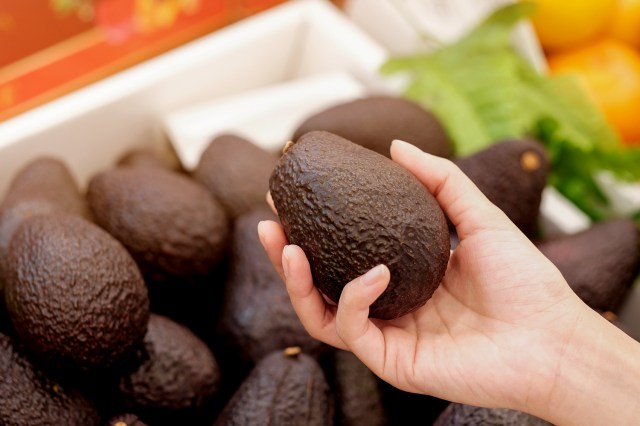
Place Avocados in a Brown Paper Bag
The long-known trick of placing avocados into a brown paper bag to speed up ripening works for a reason. Ethylene gasses produced by fruit help break down their firm cell walls and convert their starches into sugar for a sweeter flavor. A closed brown paper bag traps that gas as fruit slowly releases it, allowing the chemical to build up and soften avocados faster.
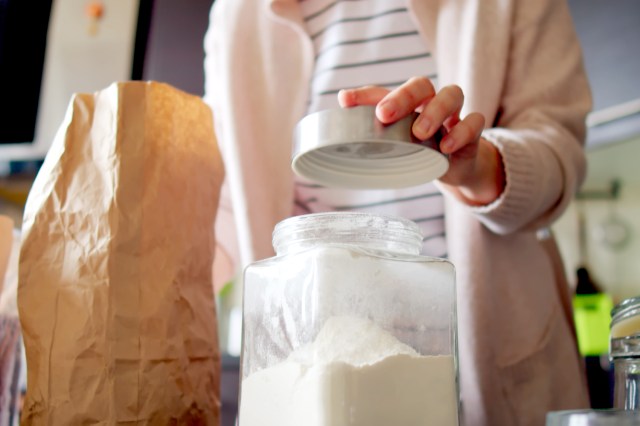
Put the Fruit in a Bag of Flour
While placing fruit in a brown paper bag is sufficient, you can bump this trick up a notch by adding a scoop of flour. Burying the avocado under the flour adds another escape-proof layer that keeps the ethylene gas closer to the fruit, where it can work faster.
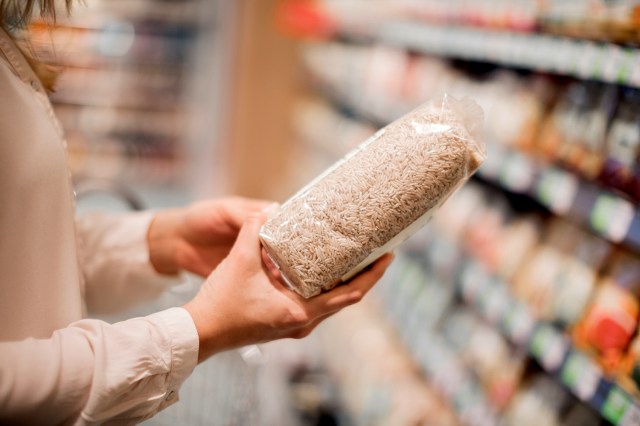
Tuck Avocados into a Bowl of Rice
Out of flour? Rice works, too. While this hack is best known for helping firm mangos reach a softer stage of ripeness, it can also work for other fruit. Submerging avocados in a bag or bowl of rice captures ethylene gas, working as a barrier to keep it from escaping. The rice also absorbs any additional moisture that can create spoilage.
Reader Favorites
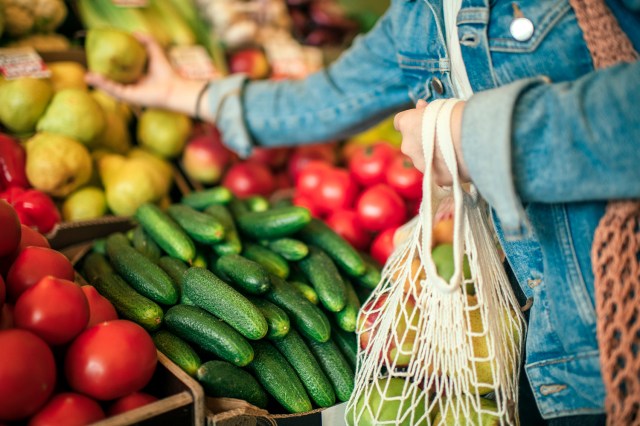
Pair With Other Fruit
Putting underripe fruit into a bowl or basket with other fruit is equally effective. When paired together, fruits are exposed to a larger quantity of ethylene gas than if they were stored individually, meaning your avocados can more quickly reach perfect ripeness. Apples and bananas are commonly used to help ripen avocados.
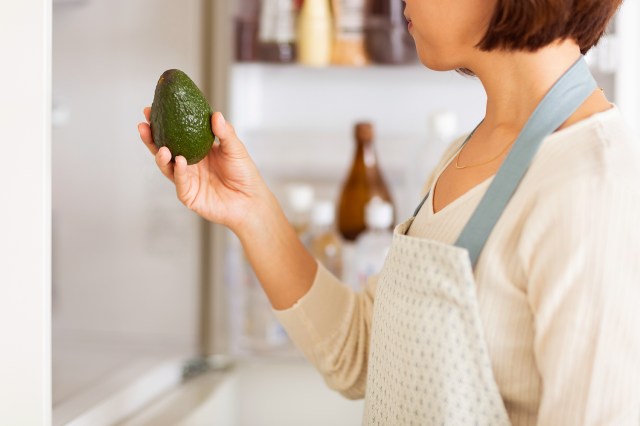
Store in a Warm Place
Heat is one factor that helps drive ethylene gas production. You can take advantage of this scientific knowledge by storing unripened fruit in a warm location for a day or two — like a countertop or a sunny windowsill — to speed up how much ethylene gas a fruit puts off.

These Hacks Work on Other Fruit, Too
These tricks also work for fruits that continue to ripen after being harvested, such as bananas, peaches, pears, plums, apricots, kiwis, and nectarines. However, this ethylene gas manipulation trick does not work on fruits that stop ripening once picked, such as cherries, grapes, pineapple, strawberries, and citrus fruits, so you’ll want to select the best and juiciest fruit at the grocery store.
Featured Image Credit: byryo/ iStock
More From Our Network
Better Report is part of Inbox Studio, an email-first media company. *Indicates a third-party property.
